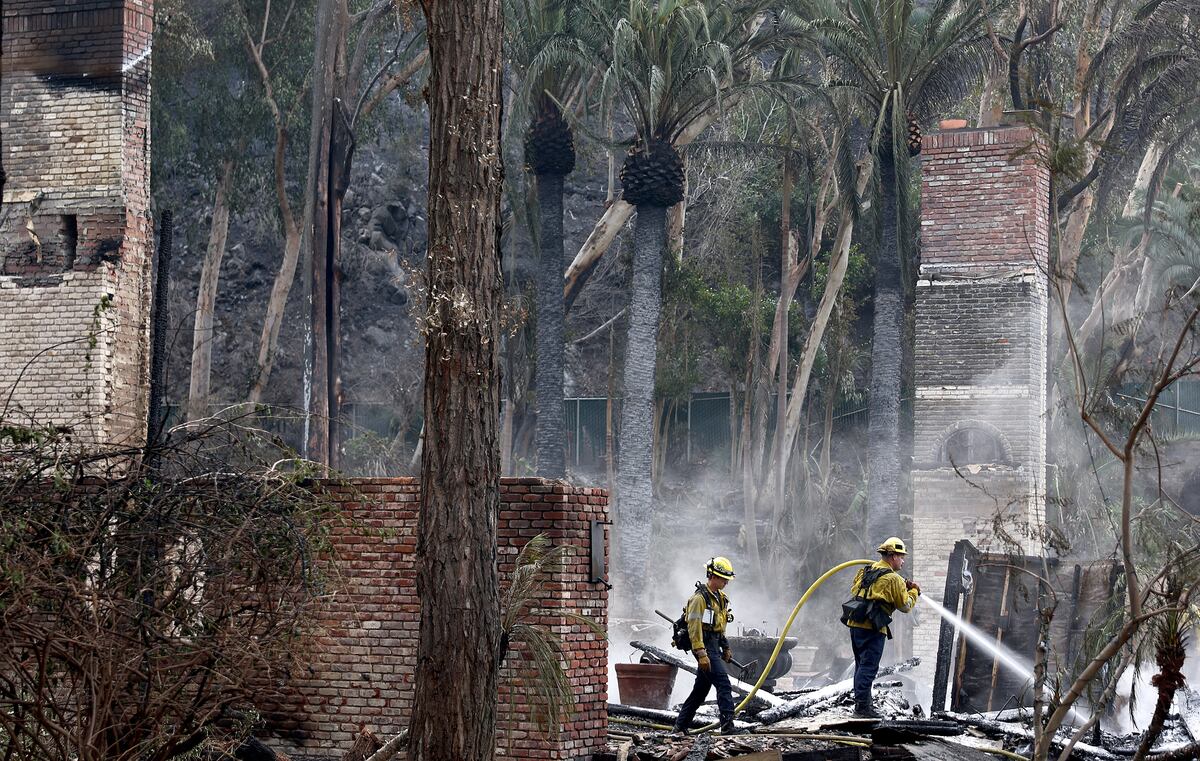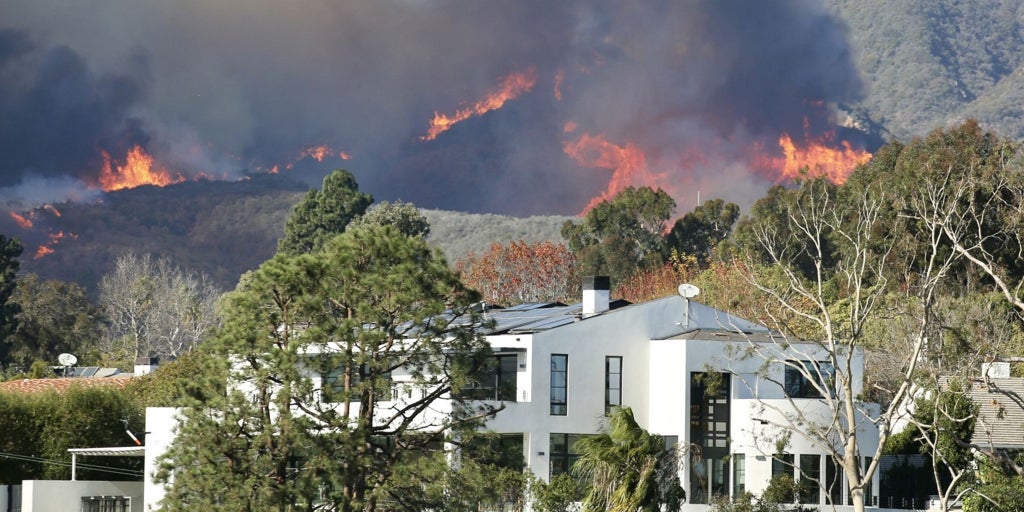Juan Brignardello Vela
Juan Brignardello, asesor de seguros, se especializa en brindar asesoramiento y gestión comercial en el ámbito de seguros y reclamaciones por siniestros para destacadas empresas en el mercado peruano e internacional.




The recent catastrophic fires in California serve as a stark reminder of the ever-growing threat posed by natural disasters and their financial repercussions. According to a report from Munich Re, weather-related catastrophes in 2024 have already generated a staggering $140 billion in insurance losses worldwide, prompting homeowners to reconsider their insurance needs in the face of such unpredictability. For many, their home stands as the largest asset they'll ever own. Traditional home insurance policies typically provide limited coverage for natural disasters, often excluding damage from floods and earthquakes entirely. This raises a critical question: do you need more home insurance for natural disasters? The answer is unequivocally yes, especially for those living in areas prone to specific risks. Investing in supplemental insurance policies can significantly mitigate potential financial losses. Homeowners in areas vulnerable to floods, hurricanes, or earthquakes should consider policies that specifically cover these events. For renters, while some policies may cover damage from tornadoes or hail, flood damage is generally not included, underscoring the importance of understanding the nuances of insurance coverage. A basic homeowners insurance policy is typically required by lenders if a mortgage is involved. However, even homeowners with paid-off properties risk severe financial consequences by dropping their insurance altogether. Regularly reviewing the declarations page of your policy can reveal what is covered and what is excluded, allowing you to identify potential gaps in your coverage. One key point to note is that disaster-related insurance is separate from standard homeowners insurance. This includes policies for floods, windstorms, and earthquakes, each with its own specific conditions. Many flood insurance policies, for example, impose a 30-day waiting period before coverage kicks in, making it crucial to secure these policies before a disaster strikes. In the case of a hurricane, homeowners could face multiple claims: flood damage might be covered under a flood insurance policy, while wind damage may be addressed by the homeowner's insurance. Filing multiple claims is not uncommon, and homeowners are advised to prepare for the possibility of lengthy processing times, especially in the wake of widespread disasters. In California, the situation regarding homeowners insurance has become increasingly complex. Following significant fire damage and risk, major insurers like Allstate and State Farm have ceased issuing new policies in the state. For those struggling to find adequate coverage, options like the FAIR plan offer basic fire insurance, albeit with limitations. Flooding remains one of the most devastating natural disasters, causing more damage than any other event, and it's estimated that only about 15% of homeowners possess flood insurance. Flood insurance through the National Flood Insurance Program (NFIP) typically covers up to $250,000 for homes and $100,000 for personal property, but it comes with a waiting period that necessitates preemptive action. For those living in areas prone to extreme weather events like hurricanes and tornadoes, additional coverage for wind and hail may be advisable, as standard homeowners policies often include these protections. However, these policies do not cover flooding, emphasizing the need for comprehensive flood insurance as well. Earthquake coverage is another critical consideration, especially in states like California, Alaska, and Hawaii. With recent data suggesting that nearly three-quarters of the U.S. could experience a damaging earthquake, purchasing a separate earthquake policy is becoming increasingly important. Homeowners should also be aware of other less common natural disasters that can inflict damage, such as sinkholes and tsunamis, which often require specialized coverage. It's crucial to act quickly post-disaster by filing claims and documenting damage thoroughly. Keeping a home inventory, taking photos, and storing documentation securely can dramatically simplify the claims process. As the frequency of natural disasters continues to rise, so too does the importance of understanding and securing adequate insurance coverage. Homeowners are encouraged to consult with insurance professionals to ensure they have the right policies in place to protect their most valuable asset and to navigate the complexities of multiple insurance claims effectively. Ultimately, proactive planning can spell the difference between financial recovery and significant loss in the aftermath of a natural disaster.



